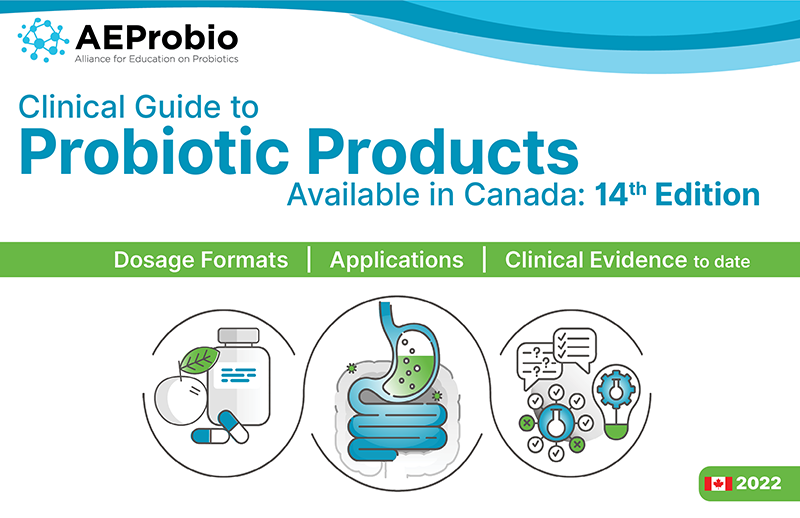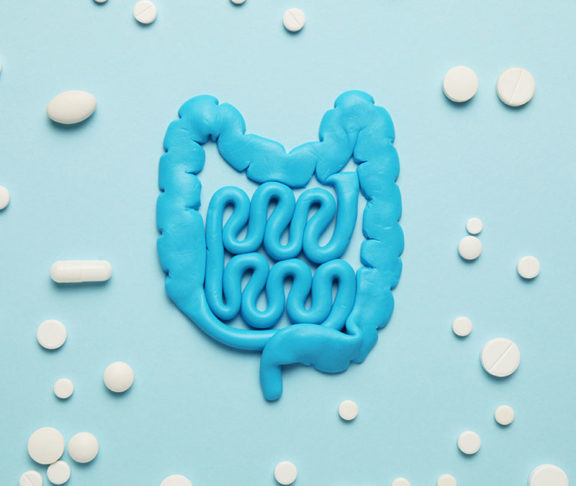
Dragana Skokovic-Sunjic
Clinical Pharmacist, Hamilton Family Health Team, & Author
Abundant research affirms the direct relationship between our gut microbiota and overall health. It’s important to note that how our microbiota develops in early childhood can affect our health throughout our life.
We asked Dragana Skokovic-Sunjic, a clinical pharmacist and author of the Clinical Guide to Probiotic Products, to help us understand how our microbiota is related to allergies and illnesses and what role probiotics play in relieving symptoms.
What factors influence the development of a child’s microbiota?
Each person’s microbiota is as unique as their fingerprints. Our microbiota is a diverse and complex ecosystem that begins developing as soon as we enter the world. It continues to develop for the first three years of life and then tends to remain relatively stable throughout our life.
Many factors can affect the composition of our microbiota when we’re young. These include how children are delivered (naturally or via cesarean section), if they’re breast or bottle-fed, if and how often antibiotics are used, genetics, diet, and interactions with family members, pets, and visitors. It’s also impacted by how we interact with the environment. Keeping a baby’s surroundings as clean and sterile as possible rather than allowing the child to explore the world around them is called the hygiene hypothesis and is the subject of much discussion. All data points to better health outcomes when children are allowed to explore the world early in life. This includes the many microbes in food, homes, neighbourhoods, and communities worldwide.
Can an unbalanced gut microbiota cause allergies?
In a word, yes. Deficiencies in the gut microbiota of children can result in harmful health consequences later in life. Because gut microbes regulate the immune system (gut-associated lymphatic tissue [GALT]), impairments can trigger allergic responses to food and environmental allergens. Observational studies have linked cesarean births and early antibiotic use to an increased risk of chronic health conditions that appear long after birth, including allergies.
Can probiotics help treat allergies and illnesses?
Probiotics are live microorganisms that can relieve specific symptoms and offer health benefits when the proper strain and dose are taken under the appropriate circumstances.
Having the proper balance of strains in an infant’s gut can influence the immune system by preventing inflammatory responses that can lead to the development of common conditions, including allergies. Conditions linked to immune response and allergies that can be relieved by probiotics include cow milk protein allergy (CMPA), atopic dermatitis, and common infectious diseases.
Are all probiotics the same?
No. Just as certain medications are used to treat us when we’re unwell, it is essential that consumers pick the proper probiotic to relieve the symptoms they’re experiencing. The Clinical Guide to Probiotics is a trusted and accessible resource that summarizes which specific brands contain the probiotic strain(s) that have been scientifically proven to relieve symptoms.
Before using a probiotic, consult your health-care provider, who knows you and your health history best.



